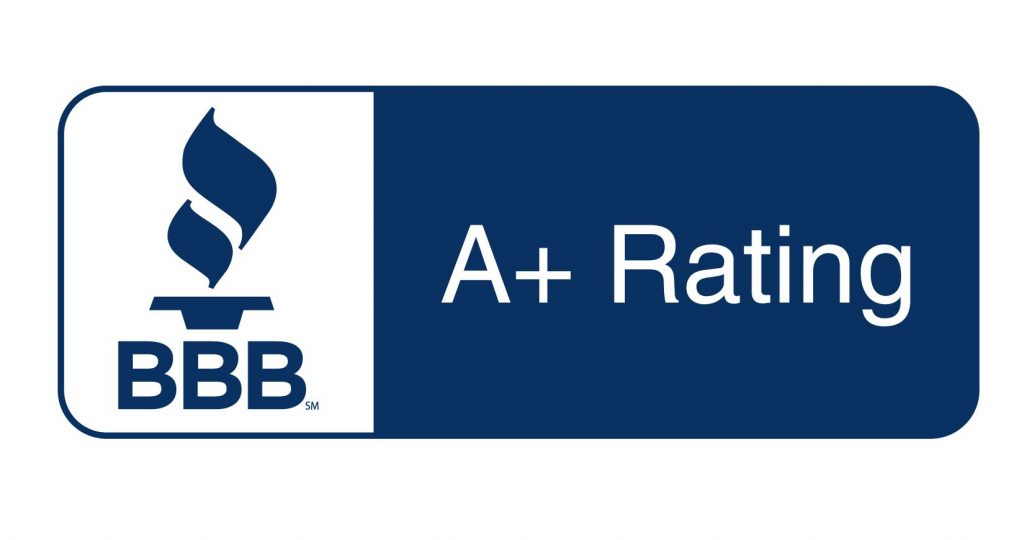For many retirees, Social Security is the only source of income in retirement. While it may not provide for a lavish lifestyle, it can cover the basics with careful planning and smart resource management. According to the Social Security Administration, the average monthly retirement benefit in 2025 is around $1,900 to $2,000. That amount has to stretch across all your expenses: housing, food, healthcare, transportation, and more.
If you’re wondering whether it’s possible to live on Social Security alone, the answer is yes, but it takes discipline, resourcefulness, and a little creativity. This article provides practical tips to help you make the most of your monthly benefit and live a secure, dignified retirement – even without additional income.
Know Your Numbers: Budgeting Is Key
Before you make any changes, you need to understand your current financial situation. Start by identifying exactly how much you’re receiving from Social Security each month. Then, track your current expenses.
It’s important to distinguish between your needs (like housing, food, medicine) and wants (like dining out or cable TV). This distinction can help you trim nonessential spending and allocate your resources more effectively.
If you’re not sure where to start, consider using:
- A notebook or spreadsheet
- Free online tools like EveryDollar or Mint
- A simple 50/30/20 budget model (50% needs, 30% wants, 20% savings/debt—though on Social Security alone, this may shift more toward 70/30 for essentials and needs)
The more clarity you have about where your money is going, the more control you’ll have over how to live within your means.
Housing: The Biggest Expense
For most retirees, housing is the single largest monthly expense. If your rent or mortgage takes up more than half of your Social Security check, it may be time to make a change.
Here are some housing options to consider:
- Downsize: Moving to a smaller apartment or home can lower rent, utilities, and maintenance costs.
- Low-income senior housing: Many cities offer subsidized apartments for older adults on limited incomes through HUD and local housing authorities.
- House sharing: Living with a roommate, relative, or friend can split housing and utility costs in half or more.
- Rent a room: If you own your home, consider renting out a room for additional income.
- Utility assistance: Many states offer help with electricity, water, or gas bills for qualifying seniors.
Reducing your housing costs is one of the most impactful steps you can take to live comfortably on Social Security alone.
Healthcare: Maximize Your Medicare Benefits
Healthcare costs can eat up a big portion of your income, but there are ways to lower them significantly with the right Medicare plan and programs.
Here are some key strategies:
- Review your Medicare plan annually: During the Annual Election Period (Oct 15–Dec 7), you can compare and switch plans. Medicare Advantage plans may offer $0 premiums and include extras like dental and vision.
- Apply for Medicare Savings Programs (MSPs): These state-run programs can help pay your Medicare Part B premium and, in some cases, deductibles and coinsurance.
- Apply for Extra Help (LIS): This federal program assists with Medicare Part D prescription drug costs. If you qualify, it can dramatically lower your out-of-pocket drug expenses.
- Use preventive care: Medicare covers many screenings, vaccinations, and wellness visits at no cost.
- Explore local health clinics: Community health centers often offer sliding-scale fees based on income.
Getting the right coverage and accessing available aid can help keep your healthcare costs manageable.
Food and Essentials: Stretching the Basics
Groceries and everyday essentials are another significant part of your monthly spending—but also an area where you can make meaningful savings. Here are some ways you can do this.
- Apply for SNAP (food stamps): Many seniors qualify and don’t realize it. Even small benefits help.
- Take advantage of food pantries: Local churches, community centers, and nonprofits often provide food boxes, fresh produce, or hot meals.
- Sign up for Meals on Wheels: This nationwide program provides nutritious meals to seniors with mobility or transportation challenges.
- Shop smart: Use coupons, loyalty programs, and discount stores like Aldi or Dollar Tree.
- Cook at home: It’s much cheaper than dining out and allows you to batch-cook or freeze leftovers.
- Grow your own food: Even a small container garden can supply herbs, tomatoes, or leafy greens.
Stretching your food budget often comes down to planning ahead and being open to assistance programs designed for retirees like you.
Transportation Tips
Even if you no longer commute, transportation can still be a necessary expense. Doctor’s appointments, grocery runs, and social activities all require reliable ways to get around.
- Use senior transit services: Many towns offer free or discounted transportation for seniors.
- Explore public transportation: It’s often cheaper and more convenient than driving.
- Cut car expenses: If you still drive, shop around for cheaper car insurance and combine errands to save gas.
- Try rideshare options for seniors: Services like GoGoGrandparent or senior discounts with Uber and Lyft can provide affordable alternatives.
Every dollar you save on gas, insurance, or car repairs can be redirected to other essentials.
Financial Assistance and Benefit Programs
Many retirees aren’t aware of all the aid programs available to help supplement Social Security income. These programs are designed to help people just like you.
- Supplemental Security Income (SSI): If your Social Security is very low, you may qualify for SSI, which adds to your monthly benefit.
- LIHEAP: Helps pay energy bills or prevent shutoffs during extreme weather.
- State aging agencies: Your local Area Agency on Aging can connect you with meal programs, transportation, in-home help, and more.
- BenefitsCheckUp.org: A free tool to help you identify federal, state, and local programs you may be eligible for.
- Charities and nonprofits: Some organizations provide assistance with dental, vision, or emergency expenses.
Taking the time to apply for these programs can offer long-term financial relief.

Mindset and Community
Perhaps just as important as financial strategies is your mindset. Living on a limited income requires flexibility, gratitude, and sometimes a willingness to adjust your expectations.
- Focus on what matters: You may have fewer luxuries, but your time, health, and relationships can still be rich and fulfilling.
- Get connected: Loneliness and isolation can be just as harmful as financial stress. Local senior centers, churches, or social groups offer support and camaraderie.
- Ask for help: There’s no shame in seeking support. These programs exist because millions of Americans are in the same boat.
You are not alone. Many people live fulfilling lives on limited incomes by focusing on what truly matters.
Making the Most of Social Security Alone
Living on Social Security alone is certainly a challenge, but with smart planning, available assistance, and a positive mindset, it’s absolutely possible to live well. By cutting costs, maximizing benefits, and accessing community support, you can cover your basic needs and enjoy retirement with dignity and peace of mind.
At Carolina Senior Benefits, we specialize in helping people like you make the most of their Medicare coverage, so you can free up more income for daily living. If you need help reviewing your Medicare plan or applying for savings programs, we’re here to help.





